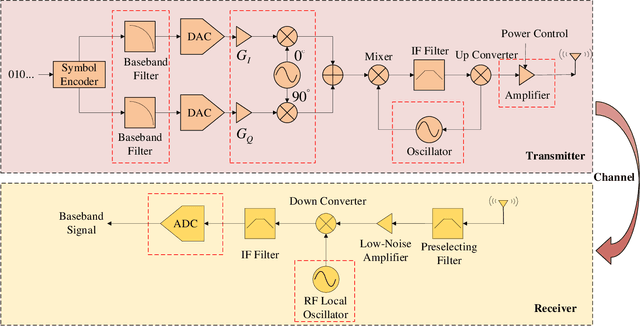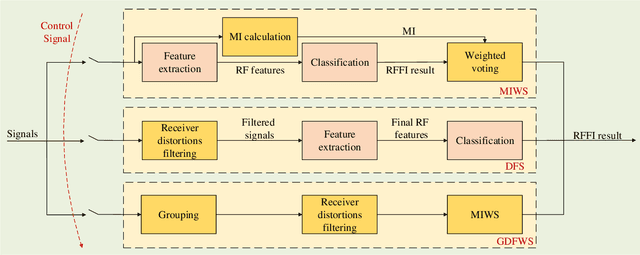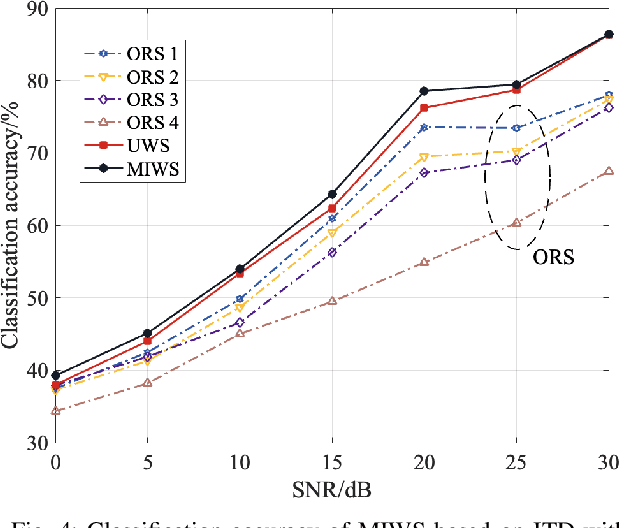Xiaofang Chen
Reducing Annotation Burden in Physical Activity Research Using Vision-Language Models
May 06, 2025Abstract:Introduction: Data from wearable devices collected in free-living settings, and labelled with physical activity behaviours compatible with health research, are essential for both validating existing wearable-based measurement approaches and developing novel machine learning approaches. One common way of obtaining these labels relies on laborious annotation of sequences of images captured by cameras worn by participants through the course of a day. Methods: We compare the performance of three vision language models and two discriminative models on two free-living validation studies with 161 and 111 participants, collected in Oxfordshire, United Kingdom and Sichuan, China, respectively, using the Autographer (OMG Life, defunct) wearable camera. Results: We found that the best open-source vision-language model (VLM) and fine-tuned discriminative model (DM) achieved comparable performance when predicting sedentary behaviour from single images on unseen participants in the Oxfordshire study; median F1-scores: VLM = 0.89 (0.84, 0.92), DM = 0.91 (0.86, 0.95). Performance declined for light (VLM = 0.60 (0.56,0.67), DM = 0.70 (0.63, 0.79)), and moderate-to-vigorous intensity physical activity (VLM = 0.66 (0.53, 0.85); DM = 0.72 (0.58, 0.84)). When applied to the external Sichuan study, performance fell across all intensity categories, with median Cohen's kappa-scores falling from 0.54 (0.49, 0.64) to 0.26 (0.15, 0.37) for the VLM, and from 0.67 (0.60, 0.74) to 0.19 (0.10, 0.30) for the DM. Conclusion: Freely available computer vision models could help annotate sedentary behaviour, typically the most prevalent activity of daily living, from wearable camera images within similar populations to seen data, reducing the annotation burden.
Joint Radio Frequency Fingerprints Identification via Multi-antenna Receiver
Jul 11, 2023



Abstract:In Internet of Things (IoT), radio frequency fingerprints (RFF) technology has been widely used for passive security authentication to identify the special emitter. However, few works took advantage of independent oscillator distortions at the receiver side, and no work has yet considered filtering receiver distortions. In this paper, we investigate the RFF identification (RFFI) involving unknown receiver distortions, where the phase noise caused by each antenna oscillator is independent. Three RFF schemes are proposed according to the number of receiving antennas. When the number is small, the Mutual Information Weighting Scheme (MIWS) is developed by calculating the weighted voting of RFFI result at each antenna; when the number is moderate, the Distortions Filtering Scheme (DFS) is developed by filtering out the channel noise and receiver distortions; when the number is large enough, the Group-Distortions Filtering and Weighting Scheme (GDFWS) is developed, which integrates the advantages of MIWS and DFS. Furthermore, the ability of DFS to filter out the channel noise and receiver distortions is theoretically analyzed at a specific confidence level. Experiments are provided when both channel noise and receiver distortions exist, which verify the effectiveness and robustness of the proposed schemes.
 Add to Chrome
Add to Chrome Add to Firefox
Add to Firefox Add to Edge
Add to Edge